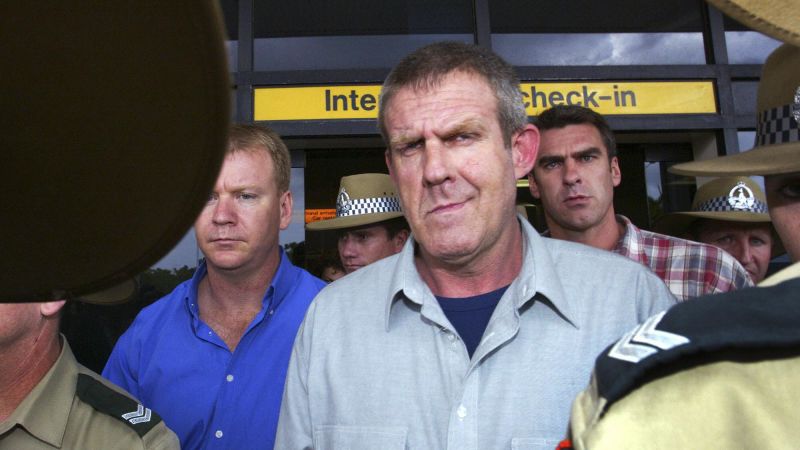In a breathtaking tale of resilience and fortune, Carolina Wilga, a 26-year-old German backpacker, was found alive after enduring 12 harrowing days lost in the unforgiving Australian Outback. Her van became
Did You Know
Sharks existed before trees.
?
AD
stuck in remote bushland on June 29, triggering a massive search operation involving aerial and ground teams that captivated the nation. On July 11, the search concluded triumphantly when a passerby discovered Wilga walking along a bush track, her body battered but her spirit unbroken.
During her grueling ordeal, Wilga displayed remarkable resourcefulness, sustaining herself by drinking from puddles and finding shelter, including sleeping in a cave to escape the elements. Despite spending nights exposed to freezing temperatures and battling swarms of mosquitoes, she remained determined to survive. Upon her rescue, she expressed profound gratitude, stating she was "beyond grateful" to be alive, a sentiment echoed by her rescuers and the countless individuals who followed the search with bated breath.
Yet, this inspiring story does not unfold without its shadows. The recent passing of Bradley John Murdoch, the convicted murderer of British backpacker Peter Falconio, brought to light stark contrasts in how missing persons cases, especially those of Indigenous individuals, receive media attention. While Wilga's survival has become a symbol of hope and human spirit, it has also sparked vital conversations about the disparities in search efforts and societal focus, urging the need for continued advocacy for all missing persons, irrespective of their background.
Q&A (Auto-generated by AI)
What led to Carolina Wilga's disappearance?
Carolina Wilga, a 26-year-old German backpacker, went missing after her van became bogged in remote bushland near Beacon, Western Australia. On June 29, she was last seen before abandoning her vehicle, leading to a massive search operation. Authorities were alerted after her abandoned van was discovered, prompting concern for her safety in the harsh Australian Outback.
How did Wilga survive in the Outback?
During her 12 days lost in the Australian Outback, Carolina Wilga survived by drinking water from puddles and seeking shelter in a cave. She navigated the terrain while disoriented, having suffered a head injury from a car crash. Her survival was attributed to her resourcefulness and the sheer luck of being found by a passerby.
What challenges do solo travelers face in the Outback?
Solo travelers in the Outback face numerous challenges, including extreme weather conditions, limited access to resources, and vast, unmarked terrain. The isolation can lead to disorientation and difficulty in navigation. Additionally, the risk of injury or vehicle breakdowns can significantly increase the dangers, as help may be far away.
Who was Bradley John Murdoch?
Bradley John Murdoch was an Australian criminal known as the 'Outback Killer.' He was convicted for the 2001 murder of British backpacker Peter Falconio, whose body was never found. Murdoch's case gained notoriety due to the violent nature of the crime and the ongoing mystery surrounding Falconio's remains, which he took to his grave when he died in custody.
What is the significance of Peter Falconio's case?
Peter Falconio's case is significant as it highlights issues of safety for travelers in remote areas of Australia. His murder in 2001 raised awareness about the potential dangers of the Outback and led to increased discussions on traveler safety. The unresolved nature of his disappearance continues to haunt families of missing persons and fuels public interest in unsolved cases.















